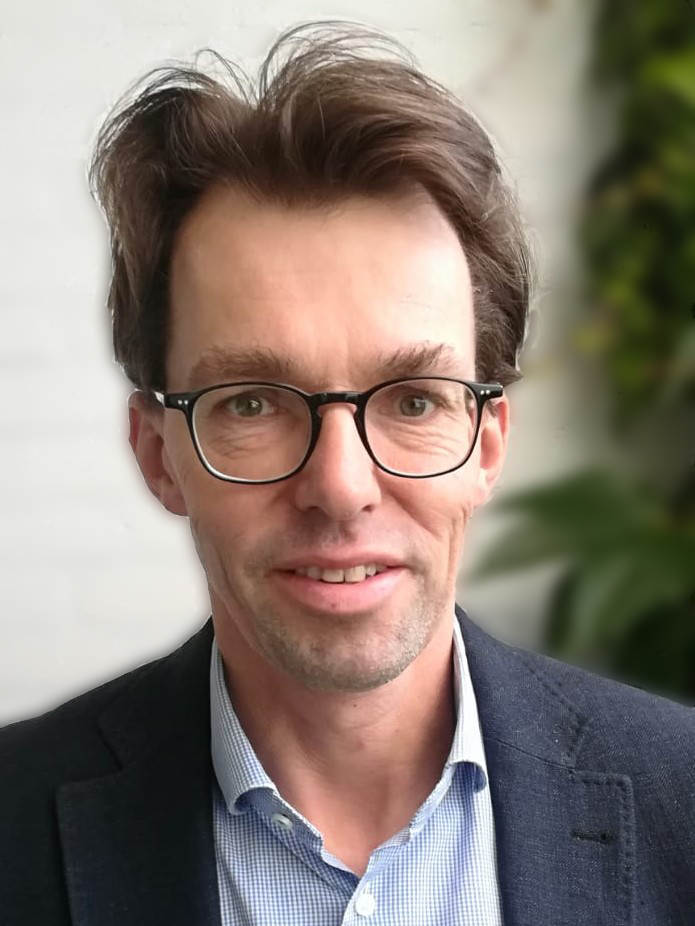
Dick Ettema
- Works at
- Utrecht University
A short interview with...
Scientific challenges for KiM
In my view the greatest challenge is to understand how social, economic, demographic and technological developments impact the demand for transport and hence accessibility, and how we, as a country, can maintain accessibility in this changing context. I believe that of particular importance is how we manage to combine economic growth and increasing urbanisation with a transport system that is sustainable and inclusive for all people. In this context, we need greater insights into the roles of new transport systems, such as shared bicycles, car sharing systems and autonomous vehicles.
Research to be proud of
In collaboration with Swedish researchers (Tommy Garling, Margaret Friman and Lars Olsson), I mapped the relationship between mobility and well-being, and developed measurement methods for researching this topic. In studies conducted across various continents we demonstrated the positive effects of walking and cycling, as well as mobility’s impact on people’s broader sense of well-being. We are delighted that our research serves as the foundation for much of the international research being conducted into the factors that render traveling more enjoyable, and of how transport can improve well-being.
Affinity with KiM’s core research themes
I have a particular affinity with three core research themes: 'Mobility, accessibility and spatial planning', 'Mobility of groups', and 'Policy evaluations and assessment frameworks'.
Position and core scientific research
My chair pertains to the relationship between urban development, accessibility and social inclusion. My colleagues and I study how the accessibility of cities develops as a result of social, economic, demographic and technological developments, and what impact this has on daily activities and travel patterns, participation, health and well-being. The specific research topics are:
- Theoretical developments pertaining to accessibility, mobility and inequality
- The impact of accessibility on mobility, health and well-being
- The interaction between the location behaviour of households, travel behaviour and accessibility
- The impact that new transport systems (Mobility as a Service, car and bicycle sharing systems) have on travel behaviour, accessibility and equality
- The effects of ICT on the use of travel time, mobility choices and accessibility
Scientific background
I studied Architecture at Eindhoven University of Technology, from where I received a doctorate in 1996 for my thesis, ‘Activity Travel Demand Modelling’. I subsequently worked for various consultancy firms - Hague Consulting Group and Grontmij (now Sweco) - from 1996 to 2003. Since 2003 I have been affiliated with Utrecht University (Social Geography and Planning), where I currently hold the chair ‘Urban Accessibility and Social Inclusion’.